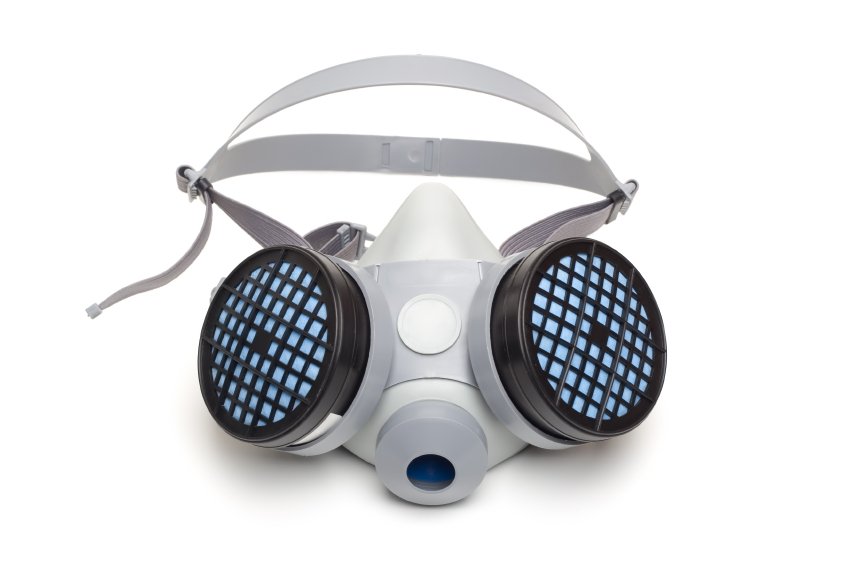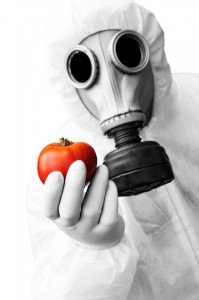Toxic pesticides
2 min read
A growing concern is the presence of residual pesticides in our food. With rapid technological developments in farming, most farmers use chemical pesticides to yield greater crop output and prevent insect damage, fungal attacks and the growth of weeds, all of which can be lethal to the crop. Unfortunately, these pesticides pose a greater risk to our health. Many contain harmful toxins, which seep into farm products and ultimately into the food we eat.
Many of the commonly used chemical pesticides are known carcinogens and can cause cancer over extended periods of time. Some toxins found in pesticides are also estrogen simulators, known as xenoestrogens, and can cause hormonal imbalance. Consumption of these pesticides can also cause skin ailments as well as neurological disorders.
In addition to harming our bodies, the use of pesticides is also one of the major causes of water pollution. Pesticides that fail to get into plants, end up in soil and ultimately reach the groundwater. Alachlor (Lasso), Ethylcnc Dibromide, Metolachlor (Dual), DCPA (Dacthal) and Butylate (Sutan) are among the common toxic pesticides commonly found in water.
So how do we ensure pesticides do not find their way into the food we eat? The United States Government has in place a number of laws and regulatory bodies to help control and regulate the use of pesticides. These bodies include the Environmental Protection Agency (EPA), the Food and Drug Administration (FDA), and the U.S. Department of Agriculture. In addition, The Stockholm Convention, signed in 2004 by 150 countries along with the United States, bans the use of many Persistent Organic Pollutants (POPs).
The permissible limit of toxic residue in food is also set at much lower levels than even the No Toxic Effect Level (NOEL), usually 10 to 100 times lower. When there is no way to estimate the NOEL for a pesticide, the specific pesticide is not used.
In North America and in Europe, people are looking for healthier alternatives to eating. These alternatives includes organic, all-natural, and pesticide-free foods. Organic farming and gardening makes use of products and methods to curb insect and weed infestation that do not require the use of chemical pesticides. All-natural beef is very popular in the United States because it is free of the excessive amounts of hormones and antibiotics typically found in cattle.
While most organic foods are 100% pesticide free, some do contain limited amounts of pesticides. In these cases, the best solution to rid your foods of contamination is to soak your vegetables in water containing a small amount of vinegar. Be sure to thoroughly rinse the food prior to eating it. In addition, make sure you peel all fruits and vegetables. If possible, grow your own vegetables and fruit; otherwise, try to buy locally sourced organic produce and all-nature, free-range animal products.






